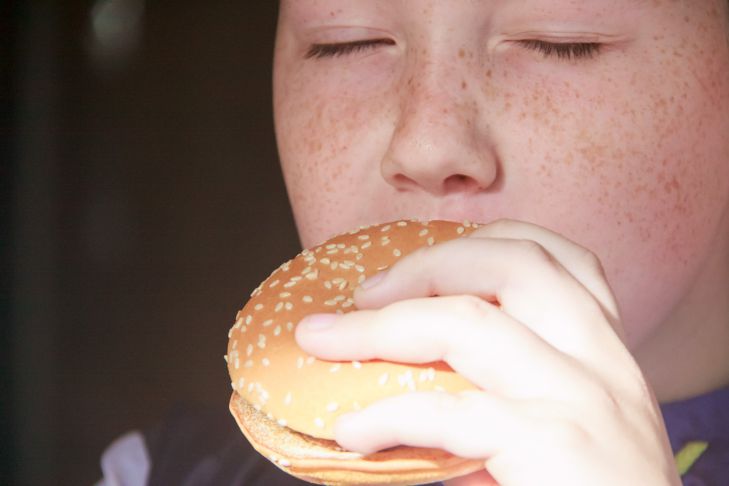Compulsive overeating: how to break the vicious cycle
Compulsive overeating is dangerous for both physical and mental health.
It is important to remember some rules.
How to prevent compulsive overeating
To combat overeating, eat only when you are hungry. An important task is to learn to be aware of the feeling of hunger and satiety. Listen carefully to your body.
Also, eat foods that will fill you up in small portions. The plate should contain proteins, healthy fats, fiber and complex carbohydrates.

This is meat, fish, legumes or mushrooms along with sesame oil, avocado, nuts, cream, as well as fruits, vegetables and grain bread, crispbread, cereals.
Plan your meals in advance and follow a diet plan. Try not to skip meals, as extreme hunger can trigger overeating. Eat on time and evenly throughout the day.
Keep a food diary and record meal times and contents.
Eat slowly and don't be distracted from eating. It is important to focus on eating so that you feel full.
Use the right utensils that don't make portions smaller than they actually are.
Don't finish eating if you don't want to. Remember that it is always better to throw food in the trash than in yourself.
How to get rid of compulsive overeating with psychotherapy
To support yourself in a stressful situation and stop overeating, you can seek psychological help.
Psychotherapy such as CBT (cognitive behavioral therapy) or DBT (dialectical behavior therapy) is often used to treat patients with binge eating disorder and other eating disorders.
Previously, we told you what to eat if you play sports.
